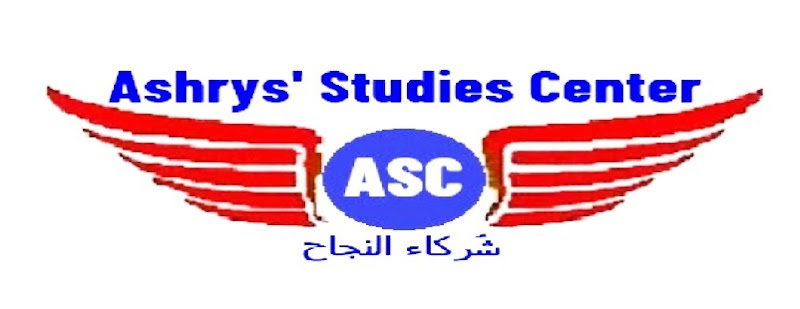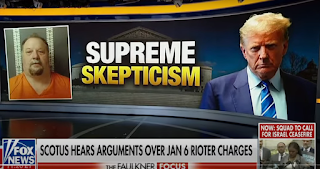Fischer v. US: A Turning Point in Obstruction Law
Fischer v. US: A Turning Point in Obstruction Law
Fischer v. US and its Implications
The
U.S. Supreme Court recently heard arguments in the case of Fischer v. US, which
could have significant implications for more than 350 people involved in the
January 6, 2021, attack on the U.S. Capitol1. At the heart of the case is a
charge filed by prosecutors against several individuals, including a former
Pennsylvania police officer, for “obstructing” an “official proceeding.” This
same charge was also brought against former President Donald Trump in special
counsel Jack Smith’s election subversion case.
Debating the Interpretation of the Obstruction Law
The
key issue revolves around the interpretation of the obstruction law enacted in
2002. The law was originally intended to address evidence tampering, but it has
been applied to cases related to the January 6 riot. During the Supreme Court
arguments, some justices expressed skepticism about the law’s use in these
cases. Justice Neil Gorsuch, in particular, raised pointed questions about what
actions would qualify as obstruction. For instance, he asked whether a sit-in
disrupting a trial, a heckler at a public event, or pulling a fire alarm before
a vote would fall under the statute. The government’s burden lies in
demonstrating intent, especially when dealing with disruptive but mostly
peaceful protests that impede official proceedings.
Legal Opinions and the Potential Consequences of the Case
Outcome
Legal
experts have noted that Gorsuch’s questioning highlighted potential problems
with the government’s argument. Former Arizona Attorney General Jonathan Turley
argued that the government should avoid testing unproven or novel legal
theories in high-profile cases1. The outcome of this case could impact not only
the charges against January 6 rioters but also Trump’s own legal situation. If
the court rules in favor of Fischer, it may call into question some convictions
or lead to reduced sentences for those charged with obstruction. However, most
January 6 cases involve violent felony charges or misdemeanor infractions like
trespassing, so the majority of cases would likely remain unaffected.
The Potential Impact of the Supreme Court’s Decision in
Fischer v. US
In
summary, the Supreme Court’s decision in Fischer v. US could have far-reaching
consequences for both the rioters and former President Trump, shaping how the
obstruction law is applied in such cases. The justices’ skepticism during the
arguments underscores the complexity of interpreting the statute and its
potential impact on criminal proceedings. Regardless of the outcome, this case
remains closely watched by legal experts and the public alike.




No comments: